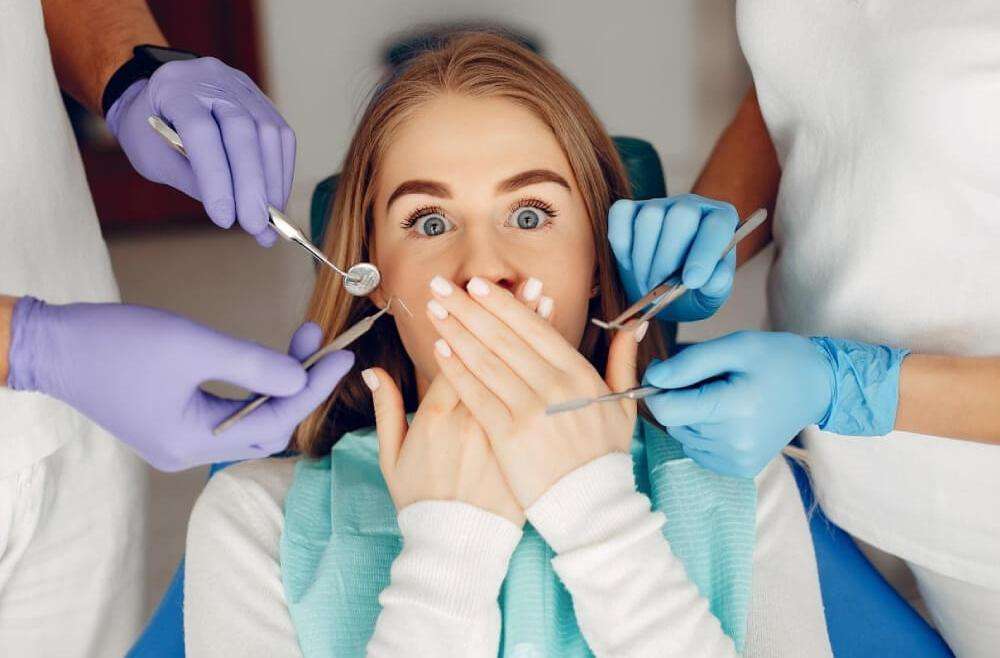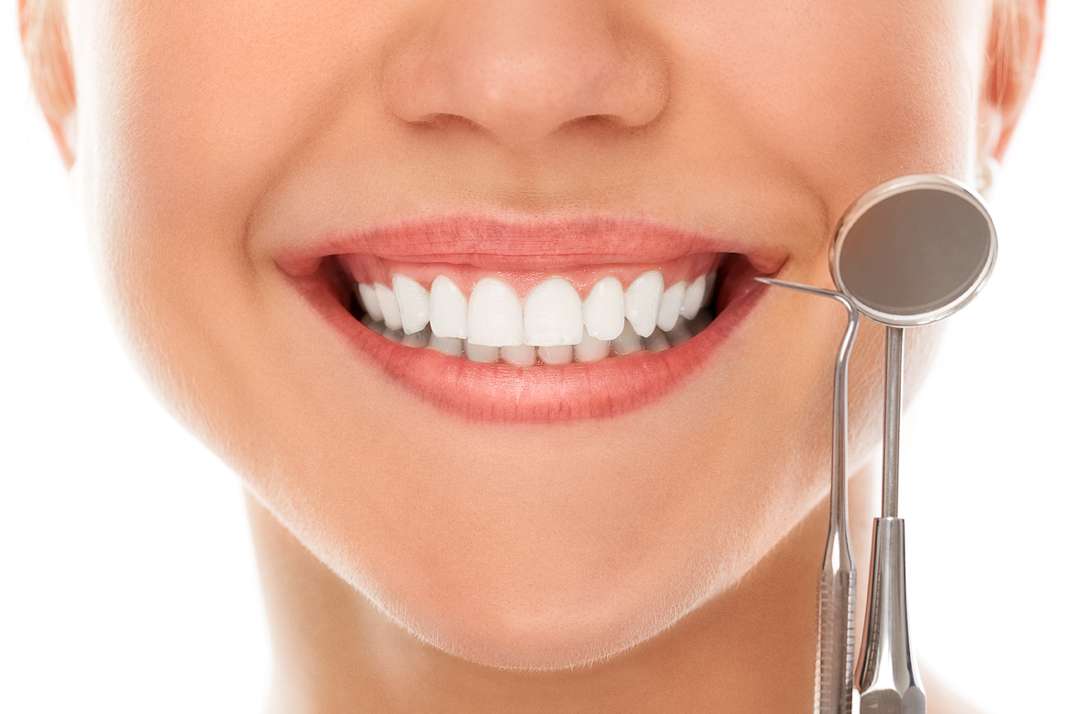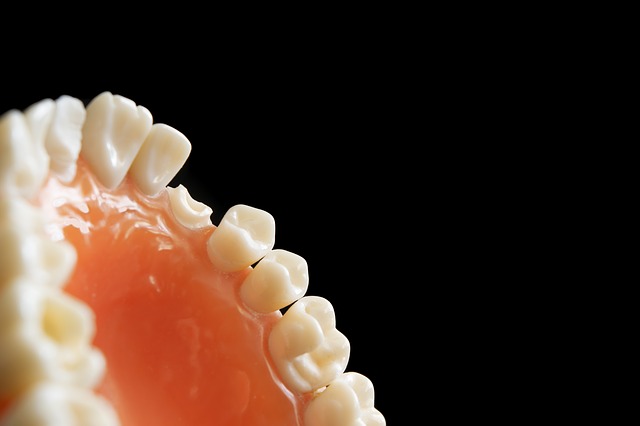Halitosis or bad breath can affect anyone, regardless of their age. Often, bad breath is blamed on the foods we just ate. However, chronic bad breath in children could indicate a deeper root issue than eating stinky foods. Halitosis is ultimately caused by bacteria that live in the mouth. These bacteria colonies feed on leftover food, fluid and plaque — as they eat, they produce hydrogen sulfide, which leads to a bad smell in the mouth. As with adults, bad breath is most common in children in the morning, after they wake up. During the night, bacteria multiply in the mouth, leading to a case of “morning breath.” However, if your child’s bad breath persists throughout the day, it probably indicates a larger issue.
The buildup of bacteria in the mouth can be caused by a wide range of problems. Gum problems, poor oral hygiene and dry mouth are the most common culprits behind halitosis, but other issues such as chronic sinusitis, diabetes, tooth decay and digestive problems can also lead to bad breath. Sometimes, the way medication breaks down in the body could produce abnormal-smelling breath.
Proper dental hygiene is the best way to treat and prevent bad breath. An antibacterial mouthwash may help reduce any smells, and brushing the tongue could help fight bacteria in the mouth.
Bad breath can originate both inside and outside of the mouth. Bad breath is typically caused by bacteria present on the teeth and debris on the tongue. So it’s no surprise that most cases of halitosis are associated with poor oral hygiene, gingivitis and periodontitis, and dry mouth, a condition in which the salivary glands cannot make enough saliva to keep your mouth moist. A visit with a dentist may help rule out periodontal disease and identify any mouth problem that could be contributing to bad breath. Tips to improve bad breath:
Here are some helpful tips to improve bad breath:
- Brush your teeth at least twice a day, after meals, with a fluoridated toothpaste.
- Avoid tobacco smoking and chewing tobacco-based products.
- Rinse and gargle with an alcohol-free mouthwash before bed.
- If you have dry mouth, make sure to drink enough fluids throughout the day and use over-the-counter moisturizing agents, such as a dry mouth spray, rinses, or dry mouth moisturizing gel. If you don’t see any improvement, you may want to schedule a visit with an oral medicine specialist. Oral medicine doctors provide comprehensive care for mucosal diseases, salivary gland disorders, orofacial pain conditions, and oral complications of cancer therapies, among other things.
- Visit your dentist regularly. Remember, oral causes are responsible for most cases of bad breath!




